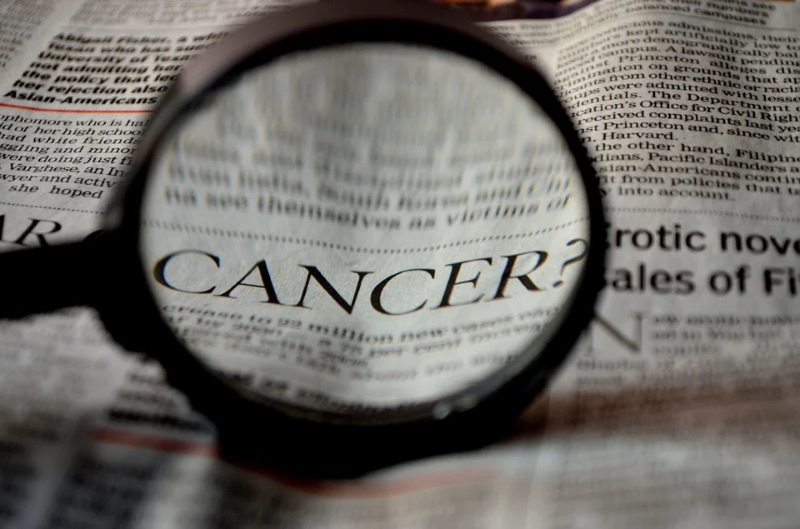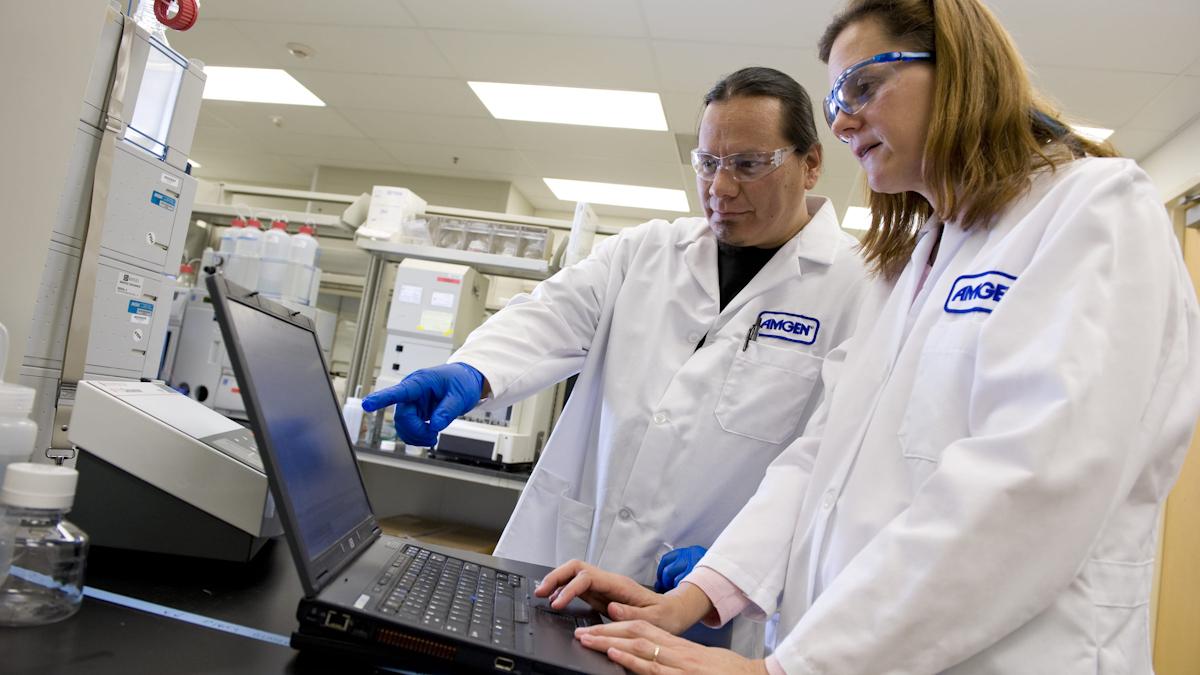Five Prime eyes financing after positive results with stomach cancer drug

Shares in US biotech Five Prime Therapeutics more than tripled after it reported promising trial results with stomach cancer drug candidate bemarituzumab, returning the stock to levels not seen since 2018.
The phase 2 FIGHT trial testing bemarituzumab plus chemotherapy as a front-line therapy for advanced gastric and gastroesophageal junction cancer met all its efficacy objectives, with significant improvements in overall survival, progression-free survival and overall response rate compared to chemo alone.
Fuelled by the positive results, Five Prime promptly announced plans for a public offering to fund further clinical development of bemarituzumab and other pipeline programmes.
The scale of the stock recovery stems largely from the difficulties experienced by Five prime in the last few years, which have kept its shares pegged down.
In particular, the demise of immuno-oncology drug cabiralizumab – an anti-CSF-1R antibody previously partnered with Bristol-Myers Squibb that failed a pancreatic cancer trial earlier this year – has weighed heavy on its shares.
The FIGHT results raise the possibility that bemarituzumab – an antibody which targets fibroblast growth factor receptor 2b (FGFR2b) – could become the first new drug for previously-untreated advanced gastric cancer in over a decade, according to Five Prime’s chief medical officer Helen Collins.
FIGHT enrolled 153 patients with FGFR2b-positive, HER2-negative gastric tumours, and compared Five Prime’s antibody to the mFOLFOX6 chemotherapy regimen, a standard treatment for this type of cancer – the third leading cause of cancer death globally.
In the study, the median PFS improved from 7.4 months to 9.5 months. Median overall survival was 12.9 months with chemotherapy, but hadn’t been reached in the antibody group, which Five Prime said equated to a 42% risk reduction at the data cut-off point.
It’s worth noting however that Five prime used a p value threshold for statistical significance of 0.2, higher than the more usual 0.05, which the company said wasn’t unusual for a small trial. The PFS result came in at 0.073 so would have missed that tougher threshold, although for overall survival the p value was 0.027.
The tolerability of the antibody plus chemo regimen is also in question, as around a third of patients discontinued from that arm, compared to 5% with chemo alone.
Around a third of all HER2-negative stomach cancers are FGFR2b-positive, and overexpression of the biomarker tends to be associated with poorer survival. After binding to the receptor, bemarituzumab blocks a pathway that promotes tumour growth, and also stimulates the immune response to attack the malignant cells.
Five Prime reckons it is well ahead of any rivals as there are currently no other FGFR2b-specific antibodies in clinical development. FGFR2b overexpression is also seen in lung, colorectal, pancreatic, liver and breast cancer, amongst other tumour types.
Analysts have suggested that bemarituzumab’s potential could make Five Prime a buyout candidate, with BMS a possible candidate – despite the cabiralizumab fail – as it needs to build momentum in its immuno-oncology franchise.













